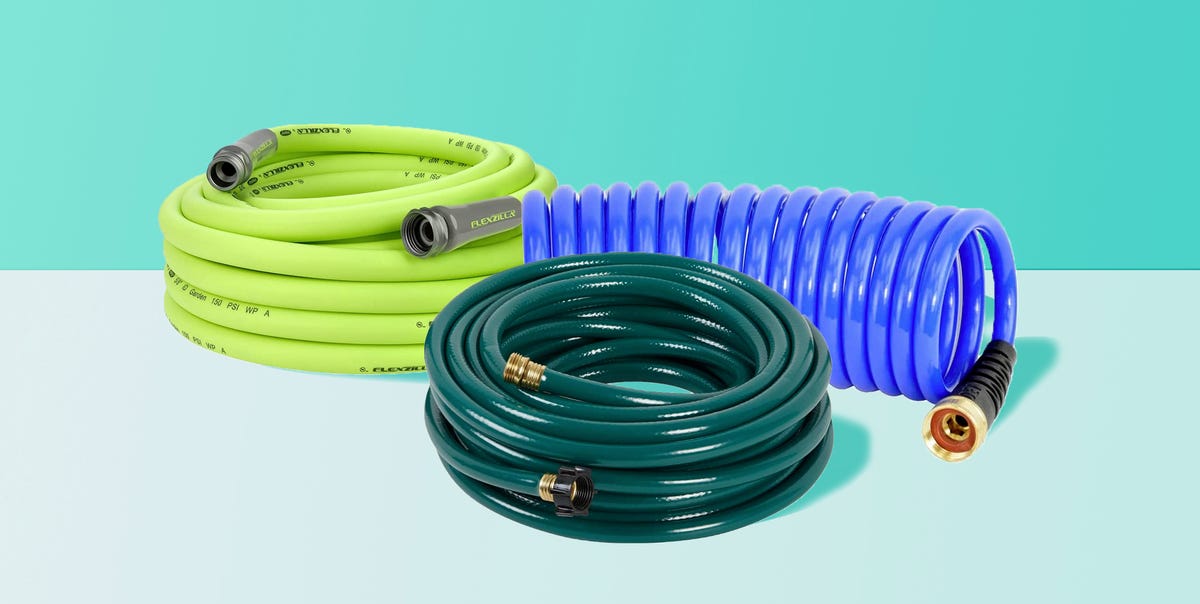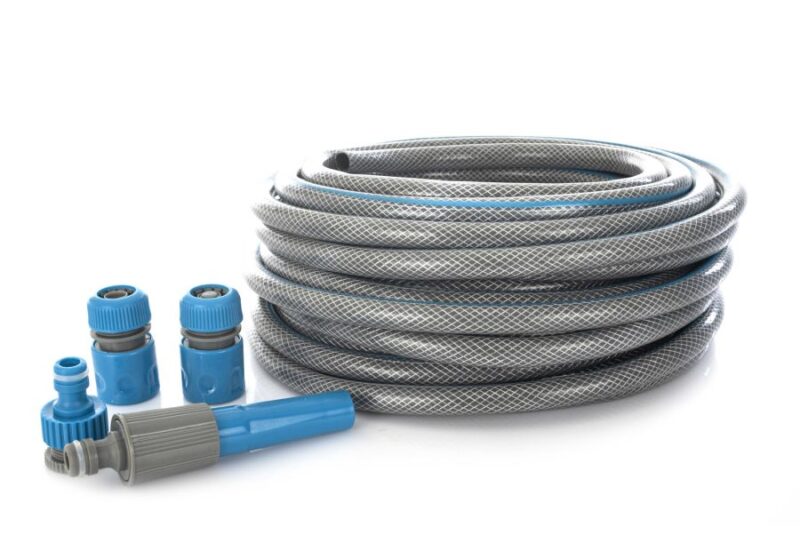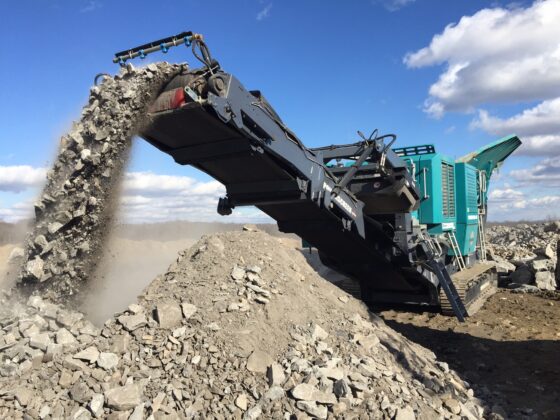Choosing the right hose for your specific needs can be a daunting task. With so many options, it’s hard to know which one is best suited to your project or application.
This article takes an in-depth look at hoses and offers helpful advice on how you can make the right choice for your needs. From understanding the basic components of a hose to comparing different types, this guide provides everything you need to know about choosing the perfect hose for any job.
By taking into account factors such as size, material, pressure rating, and length, you’ll find yourself equipped with all the knowledge necessary to select the ideal hose solution for any requirement!
Consider the Material of the Hose
When it comes to selecting the right hose for your needs, one of the most important considerations is the material that it is made from. Different materials provide different benefits and drawbacks that you should be aware of before making a purchase.
For example, rubber hoses are more flexible than plastic ones and can offer better insulation, however, they may be heavier or less durable in certain conditions. PVC hoses are lightweight yet strong but tend to break down when exposed to sunlight over long periods.
Metal hoses offer excellent strength and durability but have limited flexibility compared with other options. Knowing which type of material will best fit your purpose should help you make an informed decision about what kind of hose would work best for your specific needs.
Research Different Types of Hoses

When it comes to selecting the right hose for your specific needs, research is key. There are many different types of hoses available and each type has its unique benefits and drawbacks.
For example, garden hoses are often made from lightweight materials such as vinyl or rubber that make them easy to store and transport while providing ample water pressure. Pressure washer hoses, on the other hand, are designed with thicker walls that allow for higher water pressure so they can be used in more intense cleaning applications.
Similarly, air compressor hoses come in a variety of sizes and lengths depending on their intended use – shorter models offer greater flexibility while longer options provide increased reach. It’s important to consider all these variables when researching different types of hoses to select the one best suited for your needs.
Evaluate Price and Quality
When selecting the right hose for specific needs, it is important to evaluate price and quality. Quality should be assessed by considering factors such as how often the hose will be used, what type of material it is made from, and whether or not it has been tested for durability.
Price should also be taken into account — a higher price tag does not always equate to better quality. It may be worth investing in a more expensive option if you are looking for something that will last longer or if you need a particularly high-grade product.
On the other hand, there is no need to break your budget on an item that won’t get much use; instead, look for cost-effective options that still meet your requirements. Ultimately, careful research and consideration of both price and quality can help ensure the perfect hose selection for any job!
Select a Suitable Length for Your Application

When it comes to selecting a hose for your specific needs, the length of the hose is an important factor. Depending on your application, certain lengths may be more suitable than others.
Generally speaking, hoses that are too short won’t be able to reach their intended destination while hoses that are too long can create unnecessary clutter and tension in an area where space is at a premium. To ensure you choose the correct length for your application, take into consideration factors such as the size and weight of items being transported or the distance between two points that need connecting.
Additionally, think about how easy it will be to maneuver the hose in tight spaces or if any bends or turns will be necessary during its installation process. By taking all these considerations into account when determining the appropriate length of your hose selection you can make sure you have chosen what is ideally suited for your particular needs.
Conclusion
When it comes to choosing the right hose for your specific needs, there is no one-size-fits-all solution. It’s important to consider the type of application you are using the hose for, as well as any other factors such as pressure and temperature requirements to make sure you are selecting a product that will perform safely and reliably.
Industrial hoses come in many different materials and sizes so be sure to take into account all your requirements before making a final decision. With careful consideration of all these variables, you can rest assured knowing that you have selected the best possible hose for your particular application.



